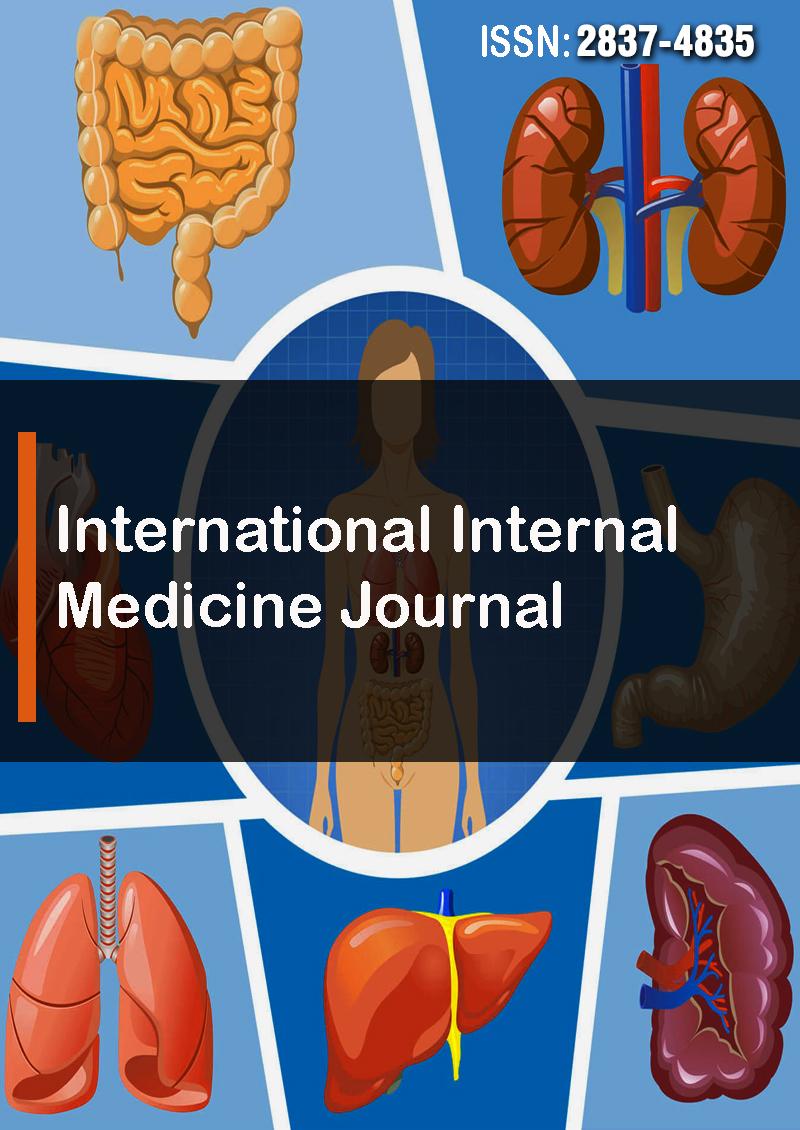Muscle Fatigue Analysis and Stress Detection from Surface EMG and ECG Data Obtained Using Deep Learning for Upper-Limb Trauma Rehabilitation
Abstract
Emnet Kebede Worassa, Kinde Anlay Fante, Genet Tadese Aboye and Ewunate Assaye Kassaw
Background: The repetitive nature of physical rehabilitation may result in excess muscular fatigue, which can adversely impact an individual's motor function, leading to discomfort or even physical injury. Moreover, individuals who have experienced trauma tend to encounter difficulties concentrating, which can significantly impede their physical capabilities. Regrettably, existing therapeutic approaches do not appear to consider the potential mental exhaustion of patients. This study aimed to create a bidirectional long short-term memory (Bi-LSTM) model for assessing muscle fatigue stage and mental stress conditions during physical rehabilitation of trauma-injured patients.
Methods: Data corresponding to 188 EMG signals and 223 ECG signals were collected from the Jimma University physiotherapy clinic and prepared for signal processing. Since the 4th-order Butterworth filter performs better than the other filters, it was chosen to denoise the data. The data were then split at a ratio of 60:20:20 to train, validate, and test the data. Finally, the developed Bi-LSTM model was deployed.
Results: The Bi-LSTM model achieved an accuracy of 95% for multiclass muscle fatigue classification, and 97% accuracy was achieved for the binary classification of mental stress. The GUI provides a setting appropriate for routine model usage.
Conclusion: The results indicate that monitoring the muscle condition and mental status of traumatized patients can be performed in a clinical setting for effective physical rehabilitation.



